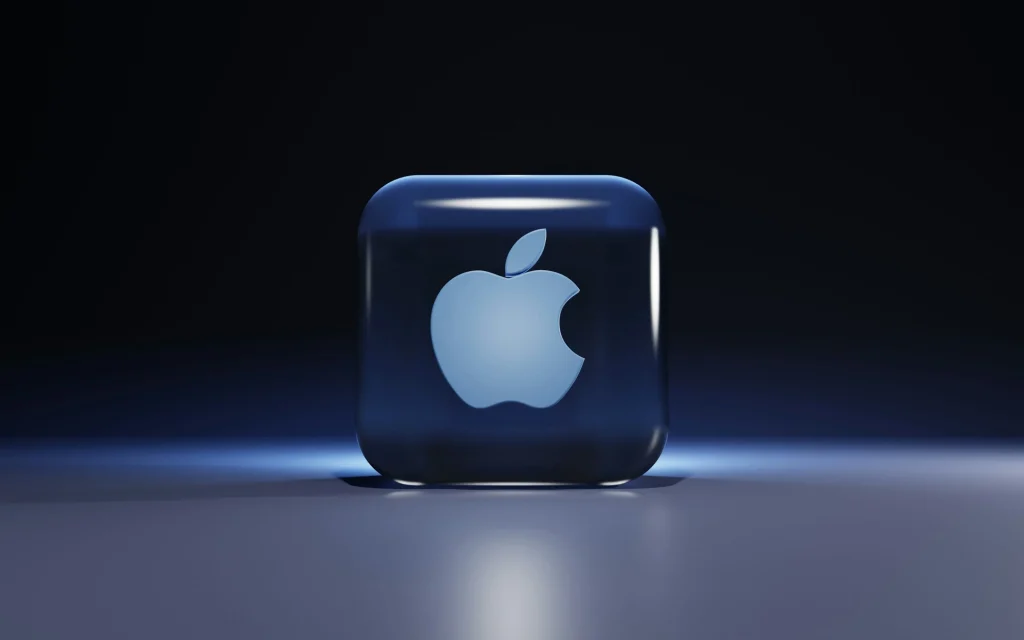Apple has joined forces with Anthropic, an Amazon-backed artificial intelligence startup, to create a groundbreaking “vibe coding” platform that will revolutionize how programmers write, edit, and test code. According to Bloomberg News, the new software will integrate Anthropic’s Claude Sonnet AI model into Apple’s development ecosystem, marking a bold step forward in the company’s artificial intelligence strategy.
The concept of “vibe coding” refers to a programming approach where AI agents intelligently generate code based on context and intent. This method continues to gain popularity across the tech industry as companies increasingly rely on generative AI to enhance productivity and reduce development time.
Upgrading Xcode with Advanced AI Features
Apple plans to embed the AI system directly into a new version of its Xcode software. This upgraded version will leverage Claude Sonnet’s capabilities to provide real-time coding assistance, making development faster and more intuitive. With this move, Apple aims to streamline the app-building process while maintaining high standards for quality and performance.
Although Apple has not yet confirmed a public release, it intends to deploy the platform internally. The company remains undecided about when, or if, it will offer the tool to external developers. Previously, Apple introduced Swift Assist, an AI-driven coding tool meant for a 2024 release. However, it never reached developers due to internal concerns that it could slow down app performance.
Anthropic’s Claude Sonnet at the Core
By integrating Claude Sonnet, Apple gains access to a highly advanced AI model known for its strong reasoning and contextual awareness. This partnership enables Apple to enhance its tools without building its own large language model, thereby saving time and resources while still offering cutting-edge features.
Anthropic, founded by former OpenAI researchers, has rapidly become a leader in safe and scalable AI development. Although the company declined to comment on the collaboration, its involvement signals Apple’s serious intent to lead in the AI-assisted programming space.
Apple’s Broader AI Strategy
Apple continues to make significant strides in artificial intelligence across all its products. The company has equipped its latest iPhones, iPads, and Macs with custom-designed chips that efficiently run AI workloads directly on the device. This approach enhances performance and preserves user privacy by minimizing the need for cloud processing.
In addition to its partnership with Anthropic, Apple has also explored ways to integrate OpenAI’s ChatGPT into its software ecosystem. These developments reflect a growing push to make AI a core component of both user and developer experiences.
Facing Intense Competition in AI Coding
Apple’s latest move places it in direct competition with major players like Microsoft and OpenAI, which have already made significant advances in AI coding assistants. Microsoft’s GitHub Copilot, for example, uses OpenAI’s models to help developers complete code in real time. Meanwhile, OpenAI is reportedly in talks to acquire Windsurf, another AI-assisted coding platform, for approximately $3 billion.
As the race for dominance in the generative AI space heats up, Apple’s decision to work with Anthropic gives it a powerful ally. The company’s strategy focuses on enhancing developer tools, improving user experience, and maintaining a strong commitment to on-device processing.
Positioning for the Future
Apple’s internal deployment of the vibe coding platform will allow it to refine the tool before making any public release decisions. By testing the system within its own teams, Apple can ensure the technology performs reliably and meets its rigorous standards.
At the same time, the company continues to build its presence in the AI market through strategic partnerships, advanced hardware, and intelligent software features. These efforts underscore Apple’s long-term vision of delivering a seamless, AI-enhanced user experience across all its devices.
If the project proves successful, it could fundamentally change how developers create software within the Apple ecosystem. With real-time assistance from powerful AI agents, developers will spend less time on routine coding tasks and more time innovating—giving Apple yet another competitive edge in the tech world.












